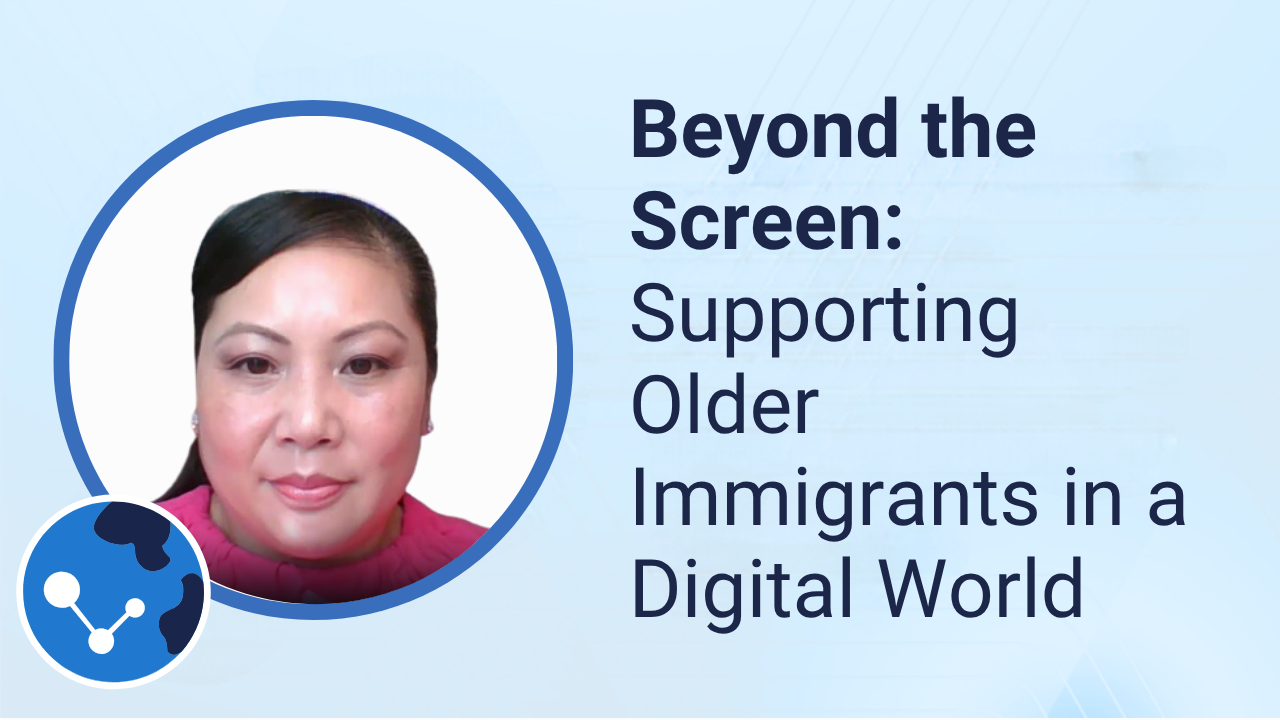Asian/Pacific Island Nursing Journal
.png)
As we venture into the month of April, it brings us great joy to share some exciting new updates in the Asian/Pacific Island Nursing Journal.
With a profound commitment to advancing health care within the Asian American and Pacific Islander communities, we take pride in being the official journal of the Asian American/Pacific Islander Nurses Association (AAPINA). Our mission remains steadfast—to foster the exchange of invaluable knowledge and insights pertinent to the health and nursing care of Asian and Pacific Islander populations.
We invite you to embark on this enlightening journey with us as we delve into myriad topics, ranging from cultural competency in health care delivery to the latest advancements in research and practice. Together, let us embrace the opportunities that lie ahead and reaffirm our dedication to promoting health equity and excellence in care.
Congratulations to our Editor-in-Chief the new AAPINA President
We extend our heartfelt congratulations to Dr. Hyochol (Brian) Ahn on his appointment as the President of the Asian American/Pacific Islander Nurses Association (AAPINA). 
What’s new in the Asian/Pacific Island Nursing Journal?
New Themed Sections
Each section presents unique insights, research findings, and perspectives from leading experts. Whether you’re interested in innovative health care delivery, cultural influences on health, or addressing health care disparities, our themed sections offer a comprehensive overview.
Editorial: How Artificial Intelligence Is Reshaping Health Care Training and Education
Call for Papers: Asian/Pacific Island Nursing Journal
Don't Miss these Open Calls for Papers
Take a Look at the Top Articles from Asian/Pacific Island Nursing Journal in 2024
 Using the Socioecological Model to Explore Barriers to Health Care Provision in Underserved Communities in the Philippines: Qualitative Study
Using the Socioecological Model to Explore Barriers to Health Care Provision in Underserved Communities in the Philippines: Qualitative Study
The Philippines’ primary care is delivered via local health centers called barangay health centers (BHCs). Barangays are the most local government units in the Philippines. Designed to promote and prevent disease via basic health care, these BHCs are staffed mainly by barangay health workers (BHWs). More
Asian American (AA) community leaders, Native Hawaiian/Pacific Islander (NH/PI) community leaders, and allies in the United States Pacific Northwest expressed concern that there are families and children from AA communities and NH/PI communities who experience and witness acts of xenophobia and racism. This can cause racial trauma. The long-time practice of aggregating AA and NH/PI data contributes to erasure and makes it challenging to advance health equity, such as allocating resources. More



.png)
